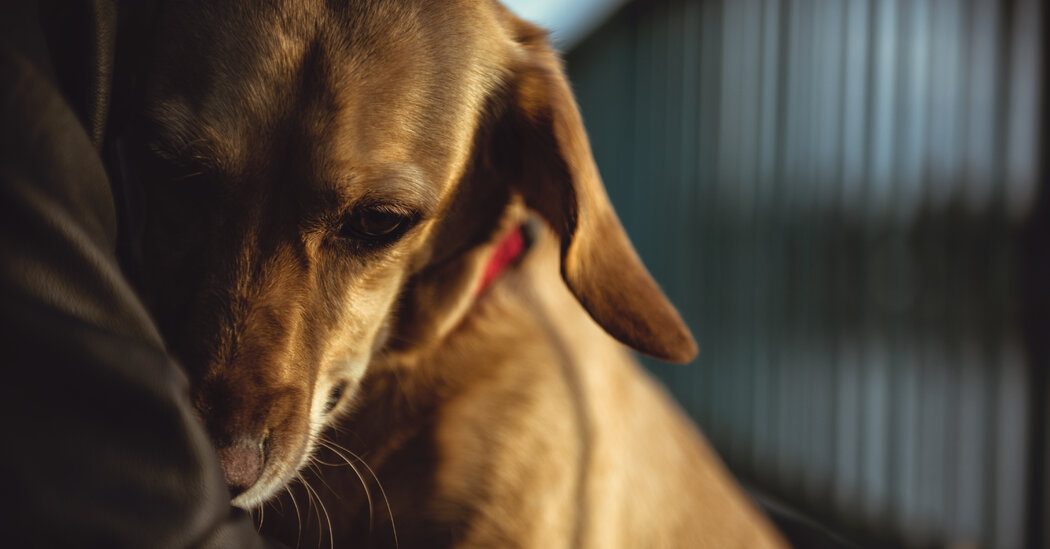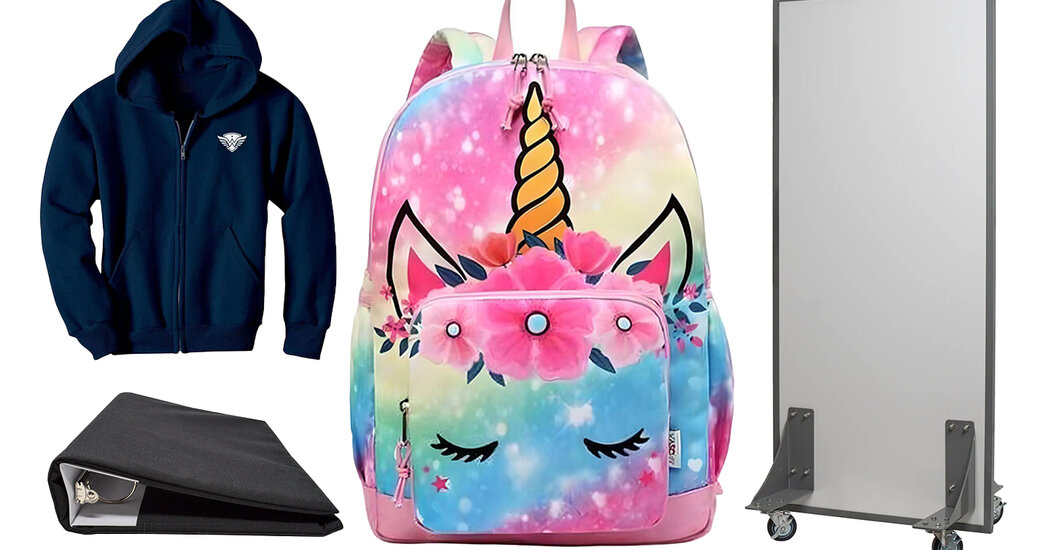On “The Daily Show” this week, the host Jon Stewart broke down as he announced the death of his beloved, three-legged brindle pit bull, Dipper — a raw, touching segment that exemplified the deep grief many pet owners feel.
When an animal dies, owners lose companionship, affection and “just plain unconditional love — and we don’t find that in many places in our lives,” said Sherry Cormier, a psychologist and author of “Sweet Sorrow: Finding Enduring Wholeness After Loss and Grief.”
Our society tends to be “grief-phobic,” Dr. Cormier said, and there is a sense that the feelings prompted by the loss of a pet are relatively low in the hierarchy of suffering, or that it’s something that people should be able to cope with and move on from quickly. Dr. Cormier and other loss experts said that is not always true; and they shared ways to help a loved one through the loss of a pet.
Validate the owner’s loss.
Pet loss can lead to disenfranchised grief, meaning it is not validated or acknowledged by the wider world, said Michelle Crossley, an associate professor at Rhode Island College and vice president of the Association for Pet Loss and Bereavement. Therefore, “a lot of individuals end up grieving in isolation because of fear of rejection from other people,” she said, adding, “They worry that they won’t understand or they’ll minimize the loss.”
Keep it simple when expressing your sympathies, Dr. Cormier said. She suggested something like: “I know your animal was such an important part of your life and family. I can see how much he meant to you and how much you’re already missing him.”
Pet grief is often complicated by feelings of guilt if your friend or loved one opted to put an animal down to minimize suffering, Dr. Cormier said. She has done so with two golden retrievers, but noted the circumstances were quite different. One lived a long, happy life; the other had to be put down unexpectedly because of an aggressive brain tumor.
Resist the urge to say “I know how you feel,” she cautioned, even if your intention is simply to express empathy. “Everyone’s grief is unique,” she added.
Ask how you can help honor the pet.
Rituals are an important part of the grieving process, Dr. Crossley said, but they are sometimes overlooked when an animal dies. Perhaps your friend would welcome a memorial service, she suggested, or would like to make a memento box with photos and a few of his pet’s favorite toys.
If your friend or loved one is experiencing anticipatory grief — that is, she knows a pet is getting old or is likely to die soon — you might ask whether you can help plan any “bucket list” activities that she would like to do with her pet. You could consider giving your friend a meaningful gift. For instance, Dr. Crossley has seen people turn a pet’s water bowl into a planter. (She has a shelf where she keeps the ashes from the five dogs she has lost, along with their photos and paw prints, she noted.)
Keep in mind the physical component of your friend’s loss. “People report really intense physical longing, oftentimes comparing it to what they imagine the loss of a limb feels like,” said Judith Harbour, a veterinary social worker with the Schwarzman Animal Medical Center in New York City, who helps run pet loss support groups (which are another option for people experiencing acute grief after the passing of a pet). There is not an easy fix for that longing, she said, but sometimes an object to hold or cuddle with, like a blanket that belonged to the pet, can help.
Reminisce with your loved one.
The fact that people sometimes feel embarrassed to open up about how much they are missing their pet can contribute to feelings of loneliness and isolation, Dr. Cormier said. Simply encouraging them to share stories, photos or videos of their pet if they are up for it can help them feel less alone in their suffering, she said. And, if possible, listen more than you talk.
Be there for the long haul.
All of the experts noted the common misconception that pet-related grief doesn’t last as long as other types of grief. But it is cyclical, Dr. Cormier said, and she urged people to check in with friends and loved ones not just days or weeks after a loss, but for months or even years after the fact.
Do not ask whether your friend or loved one intends to get another pet, Ms. Harbour said. She lamented that almost everyone she had counseled after the loss of a pet had been asked that question. Mourning takes time.
“Don’t forget about them,” Ms. Harbour said of grieving pet lovers. “Check in and give them time to chat about their pet with you. That is really meaningful, because people often feel that the world is turning and time is passing and no one remembers their animal.”







